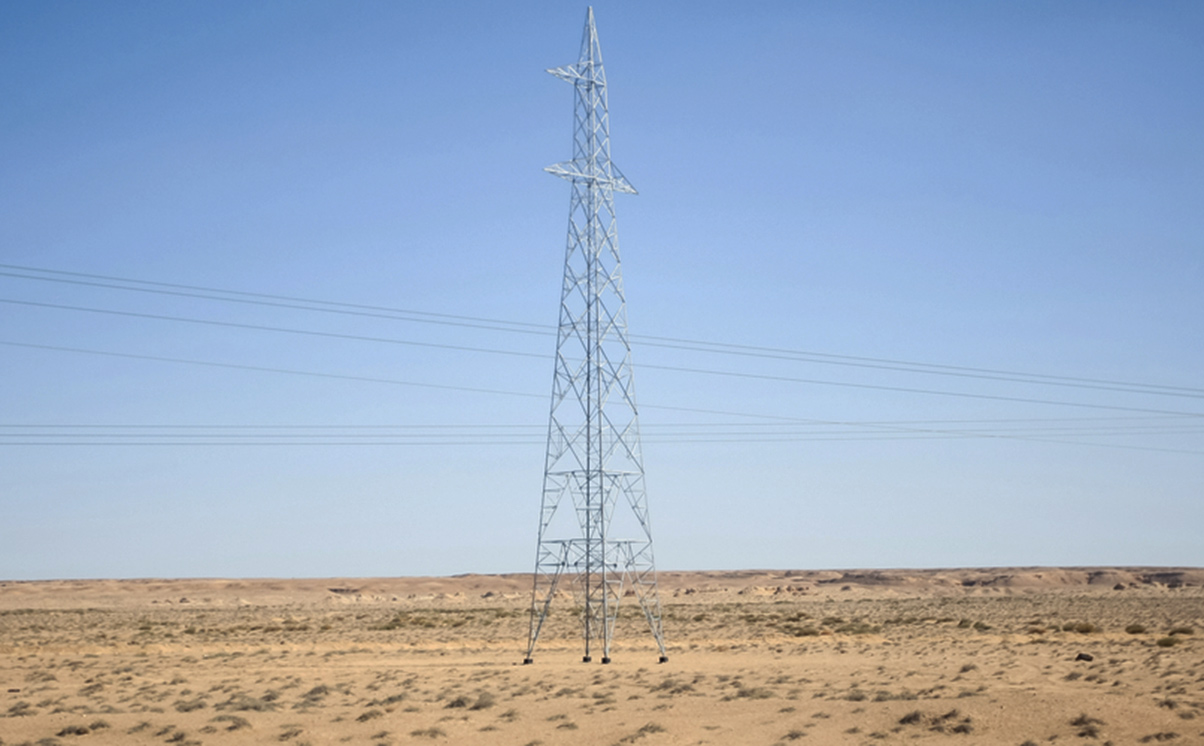Mr Justice Jacobs has today handed down judgment in proceedings involving African energy company Aiteo Eastern E & P Company Limited (“Aiteo”) and a number of lenders including Shell Western Supply and Trading Limited. Daniel Wilmot and Louis Peacock-Young led the Stewarts team representing the claimant, Aiteo, in its challenge under section 68 of the Arbitration Act 1996 (the “Act”).
In Aiteo Eastern E & P Company Limited v Shell Western Supply and Trading Limited and others [2024] EWHC 1993 (Comm), the court found four partial awards were subject to serious irregularity. It also found that one of the four awards gave rise to substantial injustice on the basis that the inference of substantial injustice arising out of the appearance of bias had not been rebutted with respect to that one award and so should be remitted for reconsideration.
Following Aiteo’s application in late 2023 in the underlying arbitration, the ICC Court upheld a challenge to and removed an arbitrator from the then-presiding three-person tribunal on the basis of an alleged lack of impartiality or independence on that arbitrator’s part. When the challenge was upheld, that tribunal had already rendered a number of partial awards in the arbitration.
Consequently, upon the arbitrator’s removal by the ICC Court, Aiteo promptly issued a challenge to those partial awards before the English Commercial Court. Aiteo made the challenge on the ground that the finding of apparent bias underpinning the removal of the arbitrator by the ICC Court was a serious irregularity for the purposes of section 68 of the Act that had endured during the period the partial awards were rendered in the arbitration.
The judgment
The detailed judgment of Mr Justice Jacobs (among other things) reconsidered the facts relating to the ICC Court’s finding of a lack of impartiality and independence so as to effectively rule independently on the allegation of apparent bias. It also considered the application of English law principles relevant to arbitrator disclosure, the test for apparent bias (applying the UK Supreme Court’s decision in Halliburton Co. v. Chubb Bermuda Insurance Ltd [2020] UKSC 48) and the extent of the requirement to establish substantial injustice under section 68 of the Act in cases of a serious irregularity based on the apparent bias of an arbitrator.
In his judgment, Mr Justice Jacobs notably held:
- The ICC Court’s ruling did not bind the English court insofar as it concerned the necessary ingredients for a successful challenge under section 68 of the Act.
- Nonetheless, applying Halliburton, the fair-minded and informed observer, having considered the facts, would have considered there was a real possibility of unconscious bias in the present case. The judge added that such observer’s conclusion would be supported by the ICC Court’s ruling that led to the arbitrator’s removal. The ruling would resolve any possible doubt the observer might otherwise hold. The case will be of considerable interest to international users of arbitration as to the circumstances in which repeat appointments and/or instructions from the same law firm combined with non-disclosures may give rise to an appearance of bias, with detailed consideration of the IBA Guidelines on Conflicts of Interest in International Arbitration (of 2014 and 2024).
- Aiteo had not lost the right to challenge the partial awards pursuant to section 73(1) of the Act by continuing to take part in the arbitrations when it was aware of some, but not all, of the facts that ultimately formed the basis of its allegation of apparent bias. The later facts (revealed only in late 2023) were a “tipping point” at which stage only the “full picture emerged”, leading to the successful removal of the arbitrator.
- Whereas a finding of apparent bias amounted to a serious irregularity for the purposes of section 68 of the Act, it did not in itself amount also to a finding of substantial injustice under that section of the Act. The question of substantial injustice must still be addressed separately. However, in a case of apparent bias, substantial injustice will normally be inferred or anticipated. In a case of apparent bias that affects only one member of the tribunal (as was the present case), it is still inherently likely there has been substantial injustice. However, there is no absolute rule that substantial injustice will always be held to exist in such circumstances and that inference is capable of rebuttal. In the present case, it was held that a set of exceptional facts rebutted that inference in respect of three of the four partial awards, but the fourth partial award was ordered to be remitted for reconsideration.
- Aiteo was entitled to an extension to the usual time limit of 28 days imposed by section 70(3) of the Act for making a challenge to an award under section 68 of the Act, the judge applying the Kalmneft factors (established in AOOT Kalmneft v. Glencore International AG [2002] 1 All ER 76). Aiteo had acted reasonably and promptly after becoming aware of the full facts underpinning the finding of apparent bias, including by not seeking to issue its section 68 challenge until after the outcome of its challenge to the ICC Court to remove the arbitrator became known.
Stewarts instructed Mr Ricky Diwan KC of Essex Court Chambers to represent Aiteo in these proceedings. A link to the judgment can be found here.
You can find further information regarding our expertise, experience and team on our International Arbitration page.
If you require assistance from our team, please contact us.
Subscribe – In order to receive our news straight to your inbox, subscribe here. Our newsletters are sent no more than once a month.







